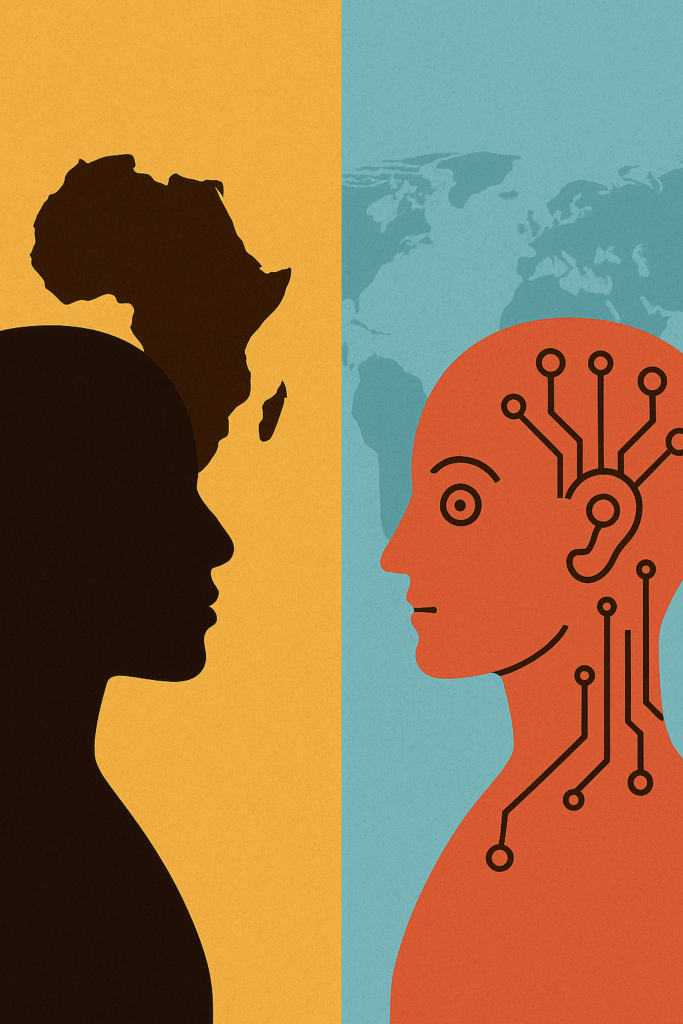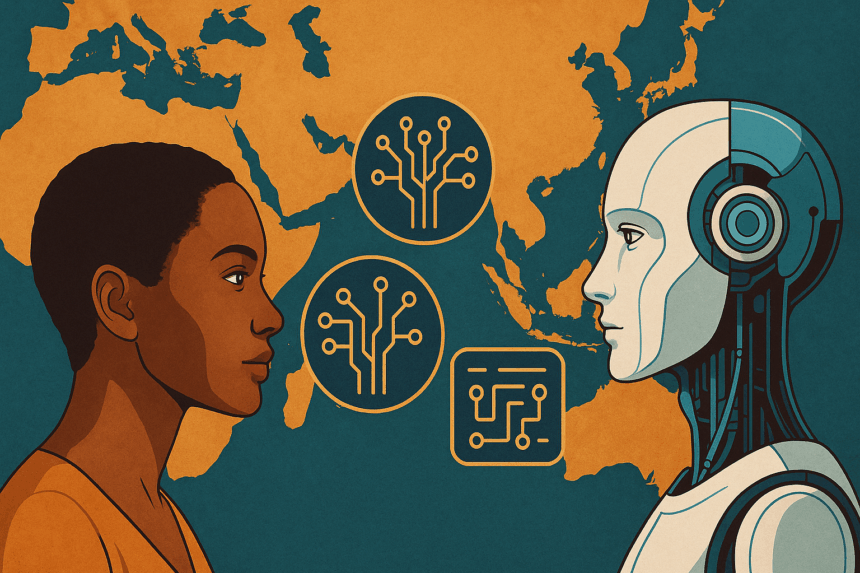Digital sovereignty and human-machine collaboration shape the future of technology in Africa and the Asia-Pacific (APAC) regions. African nations face challenges in controlling their Internet infrastructure. Governance issues at the African Network Information Centre (AFRINIC) are centre stage. Meanwhile, Dubai leads innovation with the world’s first Human-Machine Collaboration Icons. The icons enhance transparency in AI-powered creation. The developments demonstrate how digital autonomy and the transparent use of AI become vital for sustainable growth in two dynamic regions.
What’s Happening & Why This Matters
Since 2022, AFRINIC, Africa’s sole Regional Internet Registry, has faced institutional paralysis triggered by over fifty lawsuits. These suits are mostly by Cloud Innovation Ltd., a Chinese-owned company registered in Seychelles. Despite judicial intervention and a Court Receiver appointed in 2023 by Mauritius, AFRINIC’s core functions and governance remain compromised.
The June 2025 elections intended to reset AFRINIC, but they failed due to irregularities, including unauthorised proxy voting and breaches of membership safeguards. Following appeals from stakeholders like Smart Africa, the elections were annulled. The annullment deepened distrust in the institution. In July 2025, Cloud Innovation Ltd. filed for AFRINIC’s judicial liquidation, threatening Africa’s control over IP address allocation and digital sovereignty.

Smart Africa, a pan-African initiative uniting 40 governments and organisations like the African Union Commission (AUC) and the International Telecommunication Union (ITU), leads coordinated diplomatic and legal efforts to safeguard AFRINIC. They call for transparency, due process, and institutional legitimacy. Additionally, they prepare contingency plans for transitional governance to ensure uninterrupted management of IP resources.
On the other hand, Dubai launches the world’s first Human-Machine Collaboration Icons system. Spearheaded by His Highness Sheikh Hamdan bin Mohammed bin Rashid Al Maktoum and developed by the Dubai Future Foundation, the icons classify the degree of AI and human collaboration in content creation and research.
The icon system includes five primary symbols ranging from “All Human” to “All Machine.” It contains nine functional icons detailing AI’s role in ideation, data collection, design, writing, and translation. This classification promotes transparency, builds trust, and clarifies AI’s contribution. It also counters misinformation and deepfake risks.
Dubai’s vision emphasises a human-centred AI approach backed by investments in AI education and ethics. Estimations valued the UAE’s AI market at €29.7 billion in 2023. It projects exponential growth fueled by partnerships with Microsoft, Nvidia, and OpenAI. Over a million people receive AI training, supported by institutions like the Mohamed bin Zayed University of Artificial Intelligence.
This dual narrative from Africa and APAC indicates the importance of digital sovereignty — Africa’s fight to protect its Internet governance. Also, the ethical use of AI — Dubai’s push for transparency in human-machine collaboration. Both regions highlight different but complementary priorities in navigating the AI-driven digital future.
TF Summary: What’s Next
Africa’s digital sovereignty depends on swift, collective action to restore AFRINIC’s legitimacy and preserve control over its Internet infrastructure. The continent must remain vigilant against institutional threats to maintain its global standing in Internet governance.
Meanwhile, APAC’s innovation with human-machine collaboration icons offers a blueprint for AI transparency and trust worldwide. As AI redefines economies, clear disclosure of AI’s role in content creation becomes vital for accountability and societal acceptance.
Together, ongoing developments represent the growing global focus on digital autonomy and ethical AI collaboration. Each is a pillar for sustainable, inclusive digital transformation in Africa, APAC, and beyond.
— Text-to-Speech (TTS) provided by gspeech


